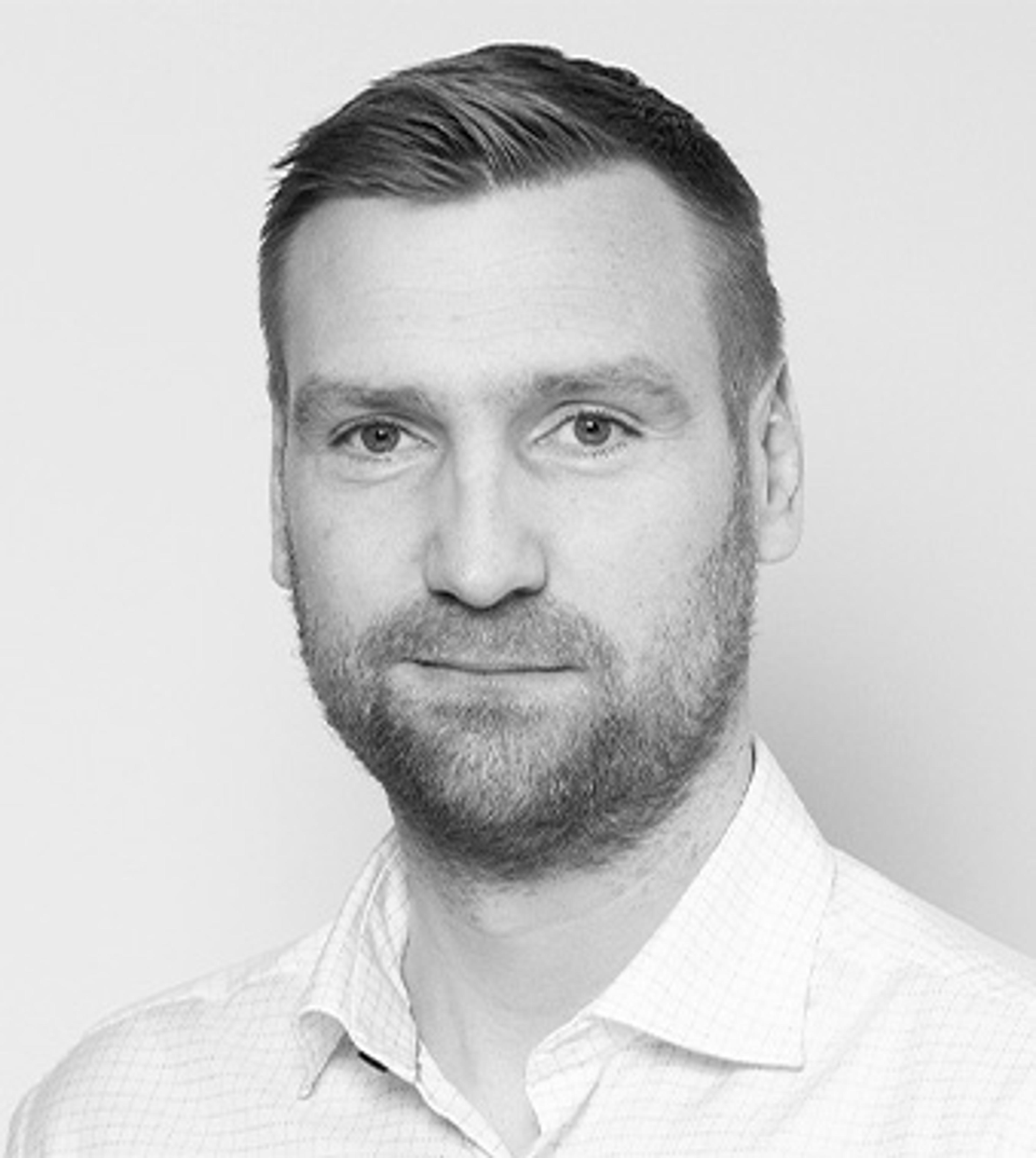InviTrack

Facts
Category
Problem owner
NPC Tech
Project period
Total budget
3,365,000 kr.About the project
NPC has a unique, patented solution for power supplies that makes it possible to reduce them to one-fifth of the original size. For rail lighting, such as that used in shops, museums, cafés, restaurants, etc., this means that the power supply can be made small enough to be fully integrated into the lighting rail. In addition to the design advantage, NPC’s technology also offers a number of energy-related and environmental benefits, including increased efficiency, longer service life, and reduced use of raw materials. These advantages are achieved by means of so-called resonant converters, which operate at frequencies up to 1000 times higher than those in traditional solutions. The technology is the result of five years of research at DTU, and it is protected by 15 patents.
Challenge
There is a need to develop an entire product line to service this market segment and customers’ needs. This product family will need to be able to span power levels ranging from 15 to 42 W, be able to be controlled using the standard interfaces of today’s market (on/off, DALI, Bluetooth, etc.) and be prepared for the human-centric lighting of the future. In addition to control via the aforementioned interfaces, this last point requires (for example) adjustable colour temperature and intensity, compatibility with sensors, and so on.
Solution idea
The solution itself is to develop an intelligent drainage solution for filtration and UV radiation which is automatically controlled.
Project deliverables
In this project, an interface must first be defined. Thereafter, work will shift to scaling and optimising the various power steps, as well as optimising magnetic components. Subsequently, a miniaturised PIR sensor will be developed, followed by integration and evaluation.
This project is financed by Energy Cluster Denmark’s Technology, Innovation, Environment, and Energy (TIME, from the Danish initials) support programme. It offers three years of support to allow small- and medium-sized businesses to collaboratively develop innovative electronic products focused on energy optimisation. The TIME project is supported by the European Regional Development Fund.
Want to learn more?

Skibsbyggerivej 5, 3. sal.
9000 Aalborg
Navitas
Inge Lehmanns Gade 10
8000 Aarhus C
House of Offshore Innovation
Kanalen 1
6700 Esbjerg
Port House
Vendersgade 74
7000 Fredericia
BLOXHub
Bloxhub, Bryghusgade 8, 3. sal,
1474 København K
Energy Cluster Denmark
Nørre Havnegade 43
6400 Sønderborg
©Energy Cluster Denmark 2025